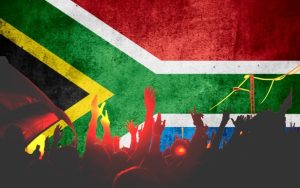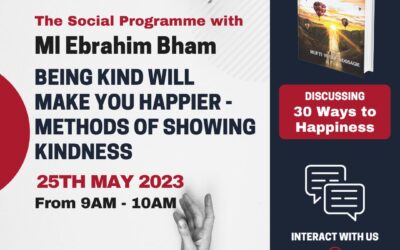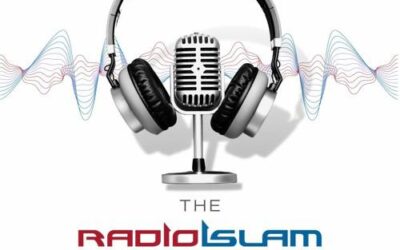Nokwanda Dlangamandla | kzn@radioislam.org.za
2 min read | 01:45 PM (CAT)

Photo Credit: COFESA
Due to the poor quality of life in South Africa, the question “Was the revolution worthwhile?” is frequently posed.
The supposedly democratic nation has weakened, with many people relying on social assistance and poor access to high-quality healthcare and education, and the list continues.
In 2018, the government spent $13.6 billion, or 12% of the country’s budget, on healthcare; despite a 7% increase over the previous year, healthcare remains out of reach for many South Africans.
President Cyril Ramaphosa acknowledged in 2018 that healthcare is the third-largest item of government expenditure. Yet there is a fundamental disjoint between what the government is spending on healthcare and the citizens’ health outcomes.
Additionally, he said it pained him to see how the stench of corruption has impacted this most fundamental of rights, access to healthcare services.
He added that corruption in the health system is not a victimless crime. It targets the poorest and most vulnerable in our society.”
One of the few differences between Apartheid and democracy is that today all races and people suffer equally, whereas, before Apartheid, specific people were targeted based on race.
According to an IOL article, Dr Wallace Mgoqi claimed that from colonial times to Apartheid, distinct racial groups were the targets of discrimination, persecution, and economic exploitation of the nation’s resources and people.
State capture, widespread corruption, and a lack of vision, according to Mgoqi, have crippled the nation and its people.
Amanda Gouws, a Distinguished Professor of Political Science at the University of Stellenbosch, who spoke with Radio Islam International, said South Africa’s declining economy is a result of the nation being run by a careless administration and officials that only consider their interests.
“The self-interest of political leaders is so glaring that people often ask whether we are really being governed. The state capture and corruption associated with political leaders, including President Cyril Ramaphosa, implicated in the Phala Phala saga and the ever-growing interest rate, are huge contributing factors to the deteriorating economy,” said Gouws.
She asserted that things had gotten worse despite over 30 years of democracy and added that because the governing party have not done anything to enhance the standard of living in the country, people are getting angry and taking the law into their own hands.
“We have seen the frustration for years in terms of service delivery protests, and the current frustrations may boil over into these types of protests. We may see more vigilante justice and is what we call a failed state,” said Gouws.
Listen to the podcast of the interview with Prof Amanda Gouws on Sabahul Muslim hosted by Mufti Yusuf Moosagie.







0 Comments